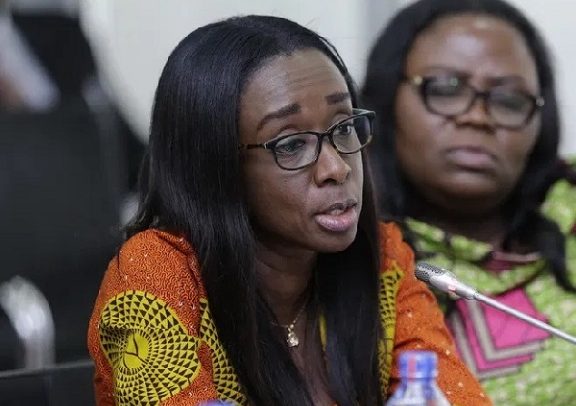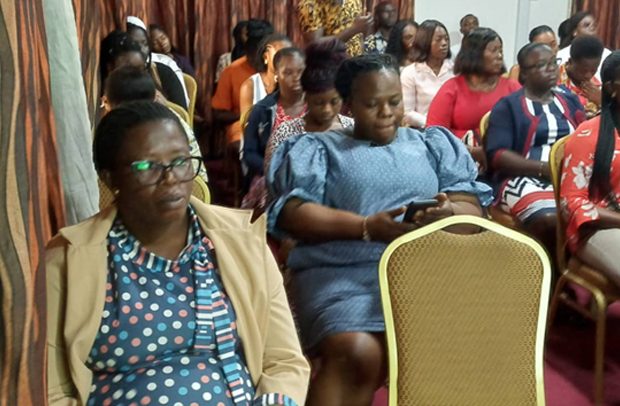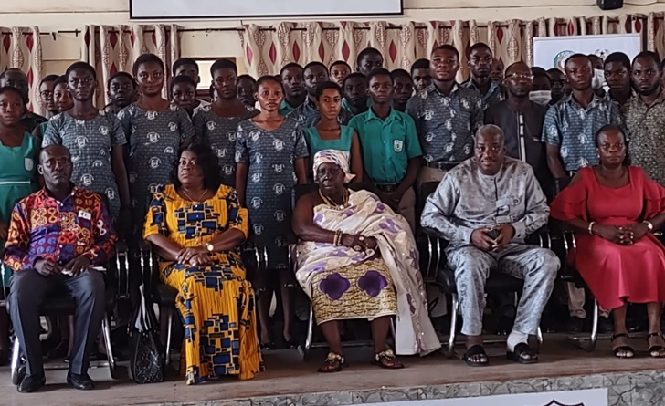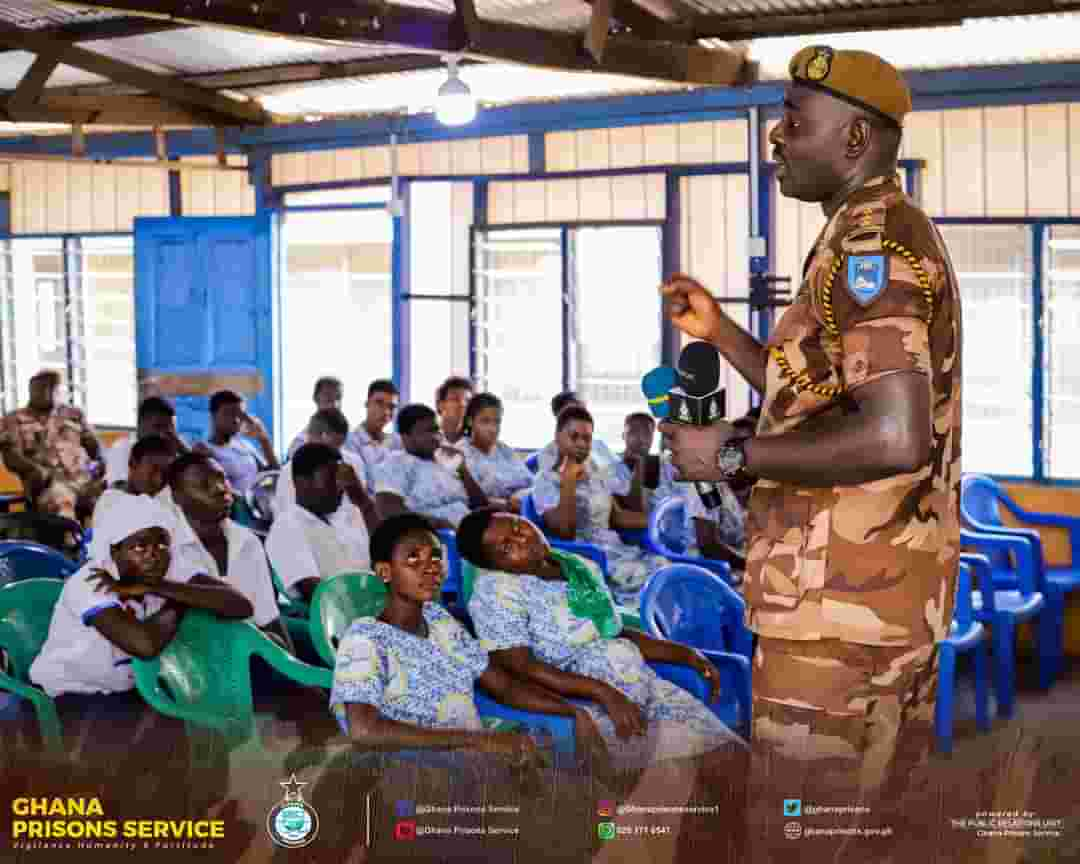
Tumu — Stakeholders in livestock value chain in the Upper West Region have been sensitised about the requirements of livestock production, trading and mobility in the West African sub-region.
The training formed part of the implementation of a project dubbed, 'Project to Support Livestock Mobility for Better Access to Resources and Markets in West Africa (PAMOBARMA)'.
The 30 participants included cattle herders, representatives of the Ghana Police Service, Ghana Immigration Service (GIS), farmer-based organisations, Ministry of Food and Agriculture, Ghana Revenue Authority (GRA), traditional rulers and livestock traders.
It was organised by a non-governmental organisation, the Centre for Indigenous Knowledge and Organisational Development (CIKOD), with funds provided by the European Commission and jointly implemented by CIKOD and Ghana Developing Communities Association (GDCA) in partnership with Action for Life, a France based NGO.
The five-year project, which began in August 2018 and being implemented in the five regions namely: Northern, Upper West, Upper East, Savannah and the North-East regions, was also being implemented in nine other West African countries.
The participants identified the non-availability of agro-industrial by-products, natural pasture, transporting cost and opening of the world market, among others, as challenges that was impeding livestock production and trading in the sub-region.
The Deputy Executive Director, CIKOD North, Mr Daniel Banuoku, in an address, explained that the aim of the project was also to shape perception of the public regarding livestock value chain in West Africa.
He added that the competition negatively affected local producers, as the imported meat was cheaper than those produced locally, owing to the government subventions enjoyed by European farmers.
Other presentations made at the workshop also revealed that availability of food for livestock such as agro-industrial by-product and green pasture was determined by the zones; however, folder was a basic requirement for the growth of the animal.
Some of the participants who spoke to the Ghanaian Times commended the organisers of the workshop and said it had provided them with the needed skills and knowledge to enable them to better appreciate livestock rearing and trading in West Africa.
The participants and facilitators were awarded with certificates of participation and training respectively.
Read Full Story



























Facebook
Twitter
Pinterest
Instagram
Google+
YouTube
LinkedIn
RSS